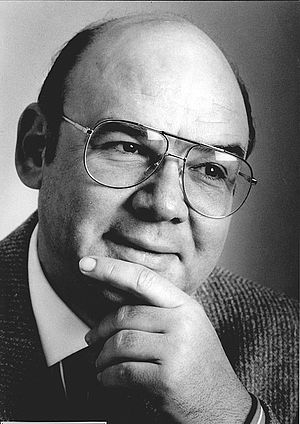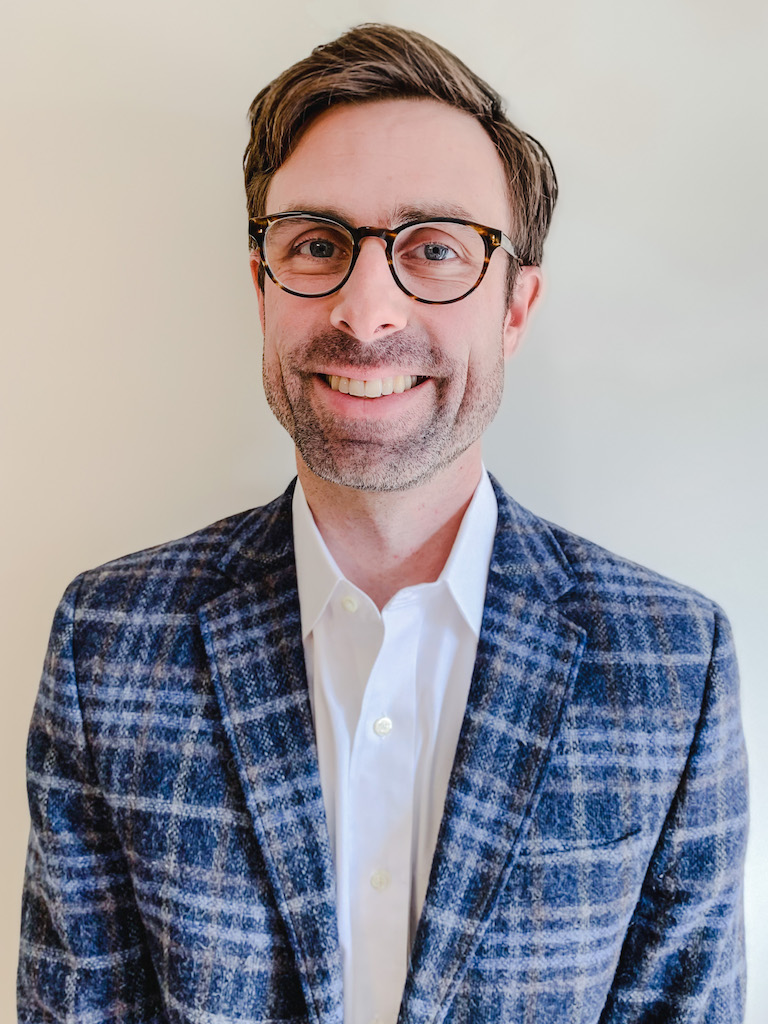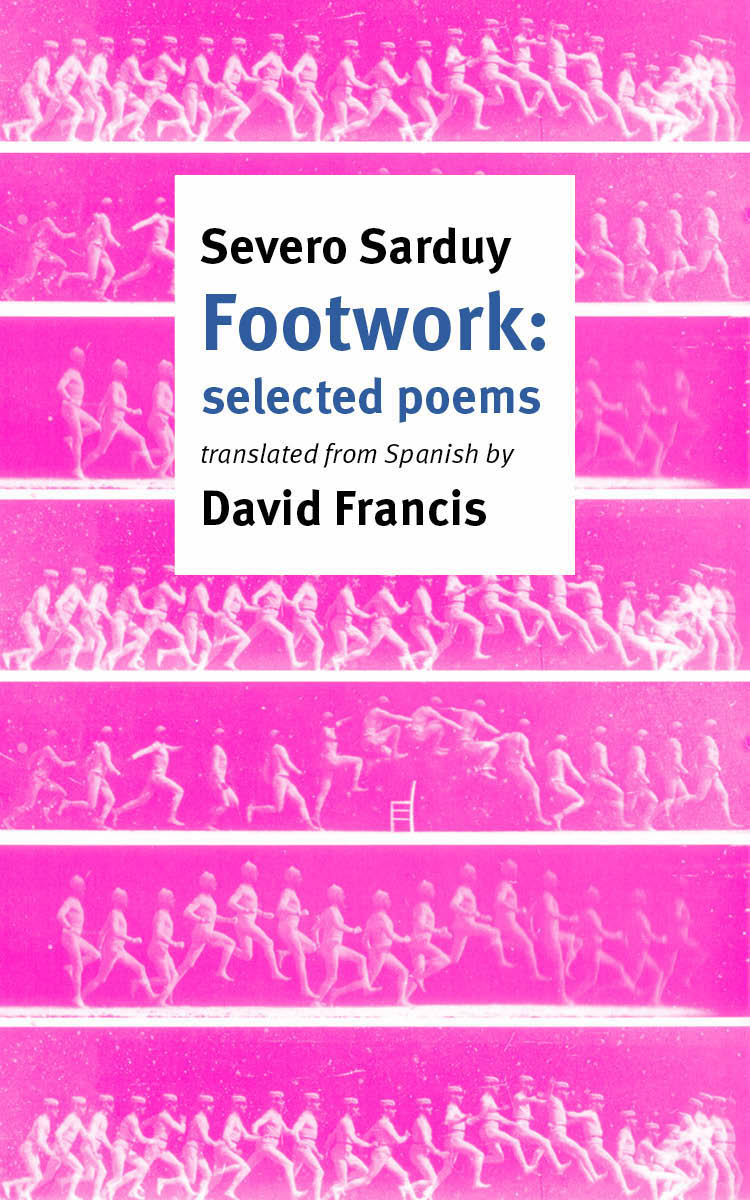if you make them spin orange LEMON cherrysome over others LEMON cherry LEMONthe invisible pieces cherry LEMON LEMONif they coincide cherry LEMON LEMONthe segments LEMON orange LEMONthat a framework fixes orange LEMON LEMONif once they stop LEMON cherry LEMONsome over the others orange LEMON LEMONthe invisible pieces orange LEMON LEMONtheir lines carry on after a dry thud LEMON LEMON LEMON cascade of coins You will have built a body
Seguidillas
si las haces girar naranja LIMÓN cerezaunas sobre otras LIMÓN cereza LIMÓNlas piezas invisibles cereza LIMÓN LIMÓNsi coinciden cereza LIMÓN LIMÓNlos segmentos LIMÓN naranja LIMÓNque un adamiaje fija naranja LIMÓN LIMÓNsi al detenerse LIMÓN cereza LIMÓNunas sobre otras naranja LIMÓN LIMÓNlas invisibles piezas naranja LIMÓN LIMÓNse continúan sus líneas despúes de un golpe seco LIMÓN LIMÓN LIMÓN cascada de monedas Habrás armado un cuerpo






